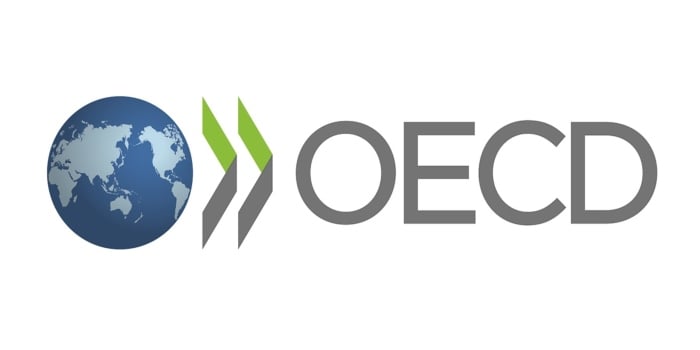Exactly there is the maze.
I literally did a kyc procedure with 25+ banks (see other topic, all list with banks is there)
Non of the banks askes for this list.
Some ask "are you active NFE".
In a rare occasion they ask for and POA of the company. Which our Panama Lawyer provided.
Off-topic:
Modern e-commerce/platform companies don't furfill this bulls**t list. You only have to say: yes the final decisions are taken in Panama, in the "office". 1 time per year, in a 1 hour meeting.
That is a 100% fact. See arrest in Belgium for OECD. All meetings can be prepared at home, by a management team non living in the country of the company.
And now with Covid, the judges will have more headache.
Example: The management is working from home in multiple countries, the UBO doesn't activaly work. Impossible to Judge where the HQ are.
Result: Banks dont care about the list, the reponsability if for the account owner to ba an active NFA and sign for it.
They just CRS report to Panama and ready. Panama doesn't do anything with the data.
For peeps who are scared of double taxation this can be valuable.
Like me in Colombia. I have te report all income from all companies worldwide and pay 35% CIT.
a dutch BV is not acknowledged as a in spanish called SAS. They simply don't know what a BV is.
And because I'm sole shareholder, it's recognized similar to sole proprietorship / freelancer.
So I have to pay double CIT 25.8 in NL, and 35% in COL.
Of course foreigners don't pay it , but they off. should.
So to avoid discussion, My NL company now is not making profit anymore. All going to Panama.
So it's better to to this in silent mode, CRS to Panama-> no problem.
CRS report to UBO Colombia or NL = potential questions and problems. So to my opinion an Active NFE is a good solution to some and pretty easy to achieve.
prevention is better than cure














